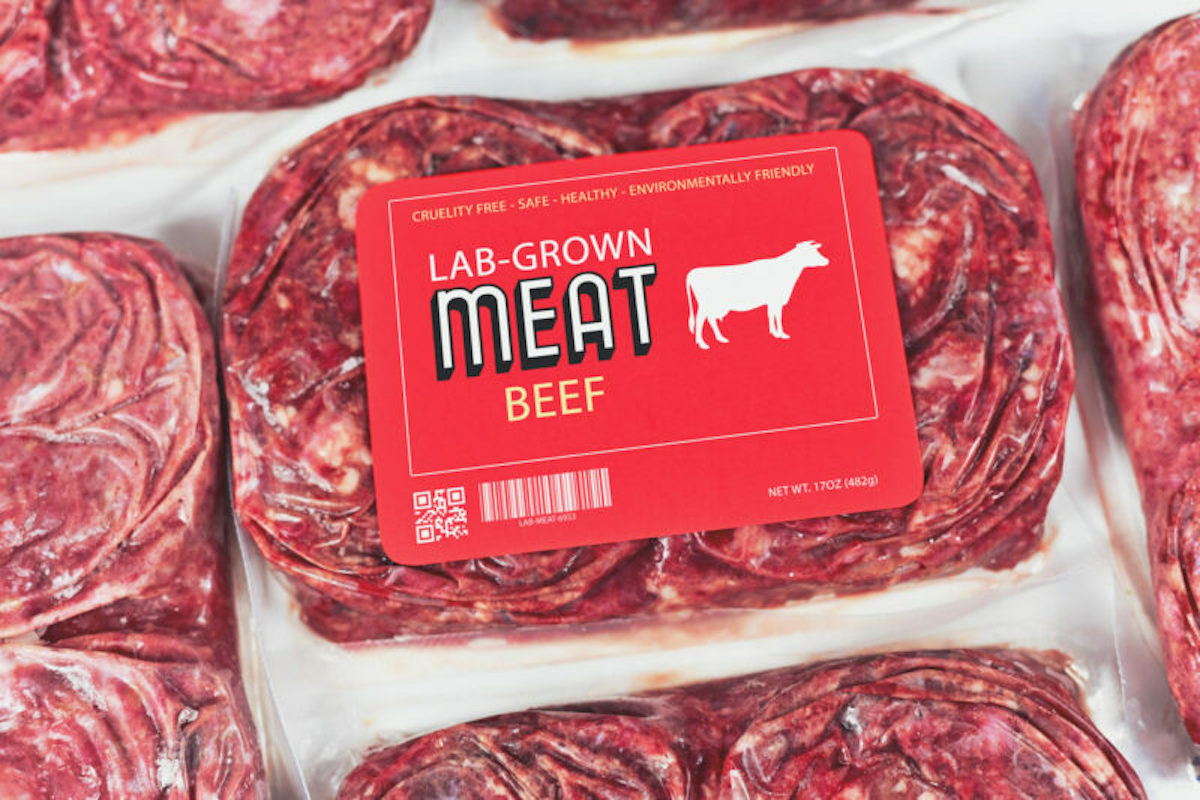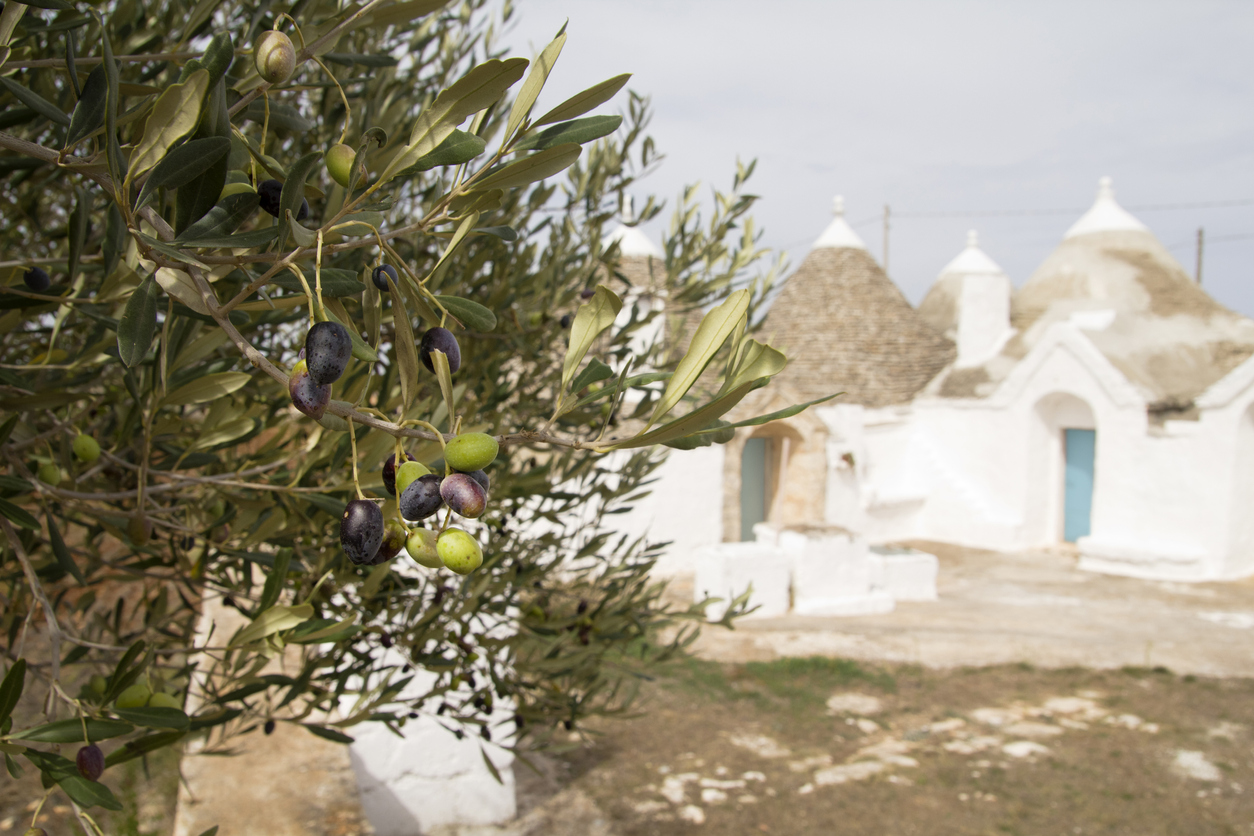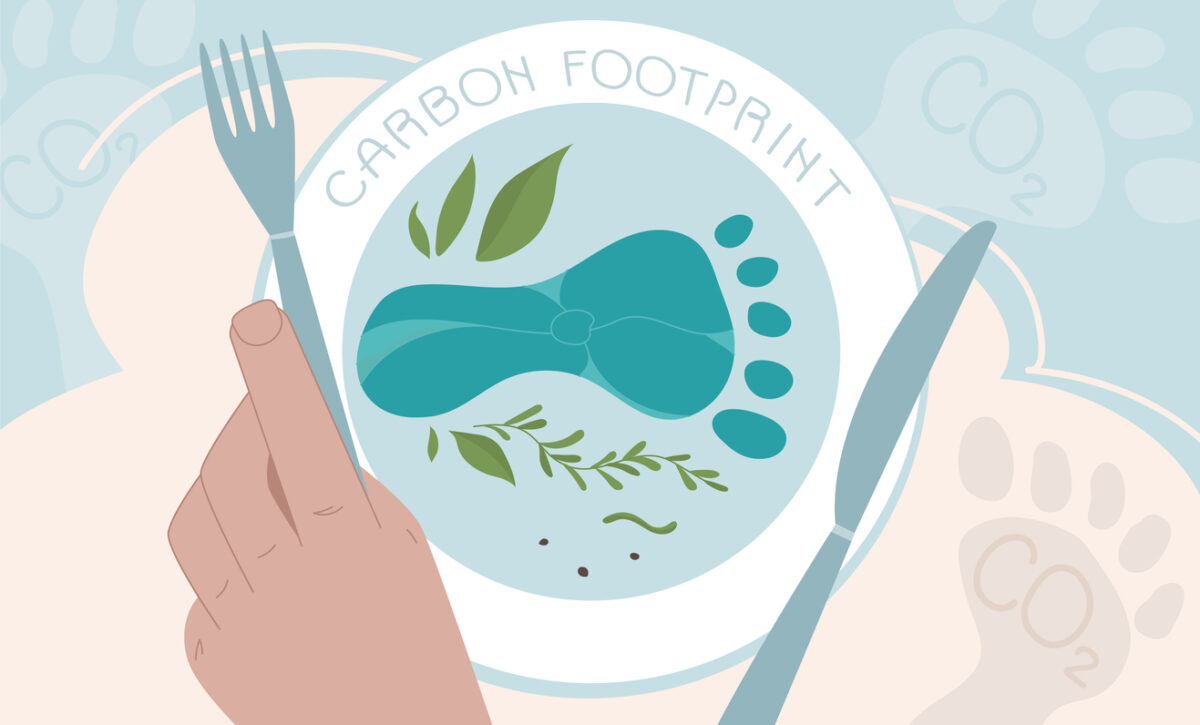Dutch researchers discover microplastics in feed, blood, meat and milk of livestock

Scientists from Vrije Universiteit Amsterdam (VUA) in the Netherlands have found microplastics in Dutch meat, specifically in beef and pork samples, and the feed, blood and milk of Dutch cows and pigs.
The study, commissioned by the Plastic Soup Foundation, revealed 75% of the beef and pork samples taken from farms and supermarkets contained plastic particles, and every sample of animal blood.
Plastic was also discovered in 18 out of 25 samples of cows’ milk, both from packaged supermarket milk and from farms.
They also found microplastics in each tested sample of animal pellet feed, which could represent “one of the possible exposure routes”, according to the study, as these items are typically pre-packaged in plastic.
However, it is still not known for sure whether the plastic particles found in supermarket and farms’ beef and pork meat samples come from the plastic packaging, or animal exposure to plastic in processing, feed, water, or air.
The same researchers at VUA also found microplastics in human blood earlier this year, and used the same testing methods on their study of animal samples.
This study revealed that small plastic particles have the ability to be absorbed into the bloodstream and travel through the body, where they can get stuck in the organs.
Microplastic being found in animal blood and milk is further evidence that such materials can be absorbed by living bodies. The study refers to this process as “internal exposure”.
Whether or not the particles have any dangerous effect on the animals is still unknown. The researchers explain: “Until further research is completed it remains unknown if there are any potential toxicological risks of these findings”.
Maria Westerbos, Director of Plastic Soup Foundation, said: “This study raises serious concerns about the contamination of our food chain with microplastics. It is also clear that farmers are not responsible for this.
“It seems that – at least part of the – former food products, including from supermarkets, are processed into livestock feed with packaging and all. This is not only detrimental to animal welfare, but perhaps also to ourselves. Most likely, almost every steak and burger contains small pieces of plastic.”
According to the group, the Dutch Food and Consumer product Safety authority (NVWA) follows a Reference Point of Action, which allows packaging material contamination below a level of 0.15% in food products.
Westerbos added: “We are keen on compliance with the ‘zero tolerance’ policy at the European level, without any exception.”
The Netherlands is the largest exporter of meat in the EU, with the country’s beef and veal exports totalling €2.5 billion, and its pork exports amounting to €2.6 billion. The most popular destinations for its meat products are Germany for veal and beef, and China for pork.
Find out more about how the Netherlands is trying to move towards a more sustainable food system in this podcast episode:








